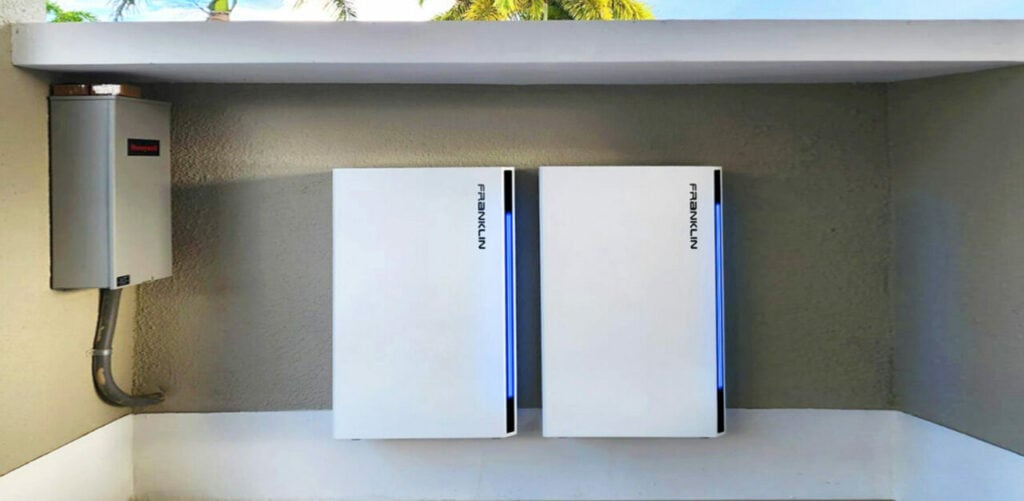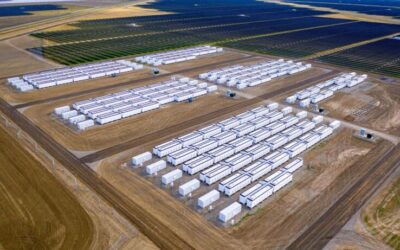
California-based FranklinWH Energy Storage has secured a US$25 million Series B to scale up its residential battery and energy management software offering in the US and Puerto Rico.
The financing round was led by venture capital firm Particle Future and will allow FranklinWH to expand its R&D, optimise its supply chain and scale up its operations and sales networks.
“The best days of renewable energy are ahead of us,” said Gary Lam, Co-Founder of FranklinWH. “Battery storage systems are positioned to expand in the energy market because they are strong alternatives to the vulnerable, outdated and expensive energy grid. This funding from Particle Future will help FranklinWH advance home battery technology and make renewable energy options more accessible.”
The company highlighted that the US Department of Energy (DOE) estimates that two-thirds of the country has been at risk of a power outage this summer, and that this combined with an increasingly complex energy landscape and federal incentives are paving the way for the ‘age of the battery’.
Try Premium for just $1
- Full premium access for the first month at only $1
- Converts to an annual rate after 30 days unless cancelled
- Cancel anytime during the trial period
Premium Benefits
- Expert industry analysis and interviews
- Digital access to PV Tech Power journal
- Exclusive event discounts
Or get the full Premium subscription right away
Or continue reading this article for free
FranklinWH’s Franklin Home Power solution comprises a residential battery, a power control system and an app allowing for smart energy management.
“Solar panels had their day in the sun over the past few years, but homeowners are becoming interested in pairing solar with other energy efficient technologies to balance a home’s energy supply,” said Vincent Ambrose, Chief Commercial Officer at FranklinWH.
The company highlighting Puerto Rico as an addressable market likely stems from policies after Hurricane Maria in 2017 which are seeking to increase the amount of distributed energy resources (DERs) and virtual power plants (VPPs) into which those DERs can be aggregated, to shore up the grid’s resilience.
There was good news for the home battery and VPP space this week in the mainland US too, with VPPs or incentives programmes using home batteries launched or extended in Texas, California and Vermont.





